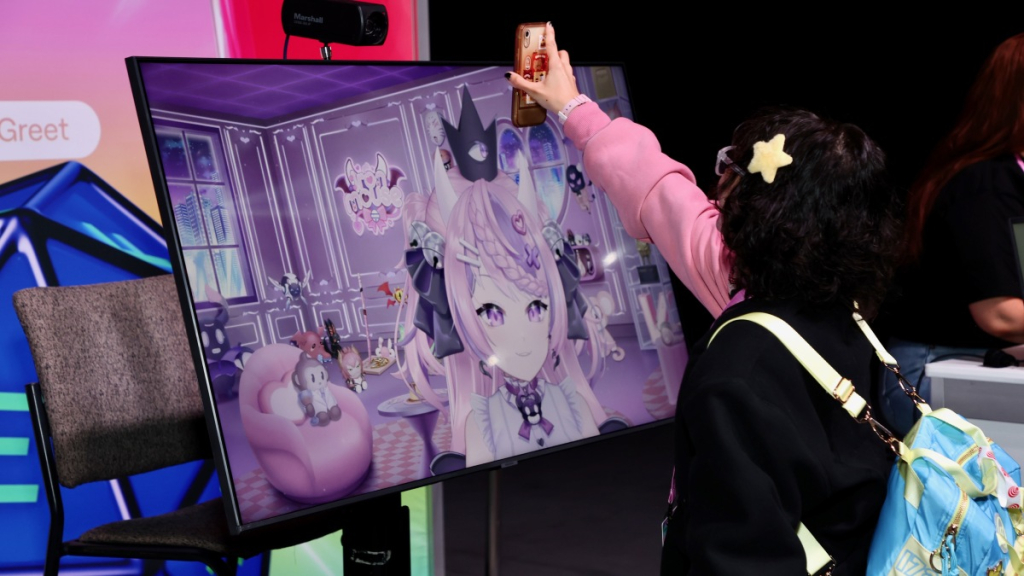Renowned VTuber Ironmouse, celebrated for her virtual avatar-driven streams on Twitch, has sparked widespread attention after announcing her departure from VShojo, the talent agency she helped establish five years ago. The split, revealed via a YouTube video, came with allegations of unpaid earnings and a disputed $500,000 charity donation, casting a shadow over one of the digital entertainment industry’s prominent figures.
In the emotionally charged video, the content creator — whose real identity remains undisclosed, as is customary among VTubers — claimed VShojo owes her a “significant amount of funds” and failed to transfer over half a million dollars raised during a 2023 “subathon” to the Immune Deficiency Foundation (IDF). The charity holds personal significance for Ironmouse, who has publicly shared her lifelong struggle with a rare immune disorder. “This is the most painful part,” she said, emphasizing the nonprofit’s role in her career and health journey.
While Ironmouse declined to provide specific evidence, citing ongoing legal proceedings, she hinted at broader accountability. “My attorneys have advised me to let the process unfold before sharing more,” she stated, adding that transparency remains a priority once permitted. Sports Illustrated’s esports division reported fellow creators rallying behind her, though specific social media reactions were unavailable for review.
The allegations raise questions about financial management within VTuber agencies, which typically handle sponsorship deals, merchandise sales, and charitable initiatives on behalf of creators. Subathons, where streamers marathon-broadcast in exchange for viewer subscriptions, often direct portions of proceeds to causes. Ironmouse’s claim that VShojo withheld IDF donations — if substantiated — could signal contractual breaches or administrative failures.
VShojo, founded in 2020, has not yet publicly addressed the accusations. The agency represents multiple high-profile VTubers, blending anime-inspired avatars with live-streamed gaming and commentary. Industry analysts note Ironmouse’s exit could impact the group’s reputation, given her status as one of Twitch’s most-followed VTubers, known for raising millions for charity through past campaigns.
Legal experts suggest contractual disputes in influencer management often hinge on payment timelines, revenue splits, or charitable fund allocation. However, without access to contractual terms or VShojo’s financial records, the validity of Ironmouse’s claims remains unverified. The situation underscores growing scrutiny over transparency in the multi-billion-dollar creator economy, where trust between talent and management is critical.
As discussions proliferate across forums and social platforms, fans and commentators await further developments. Ironmouse’s case highlights both the complexities of virtual entertainment ecosystems and the real-world ramifications when collaborations dissolve — particularly when charitable giving and personal health advocacy are intertwined. With legal actions pending, the story’s trajectory may influence how agencies and creators negotiate accountability in an industry built on digital personas and global fanbases.
